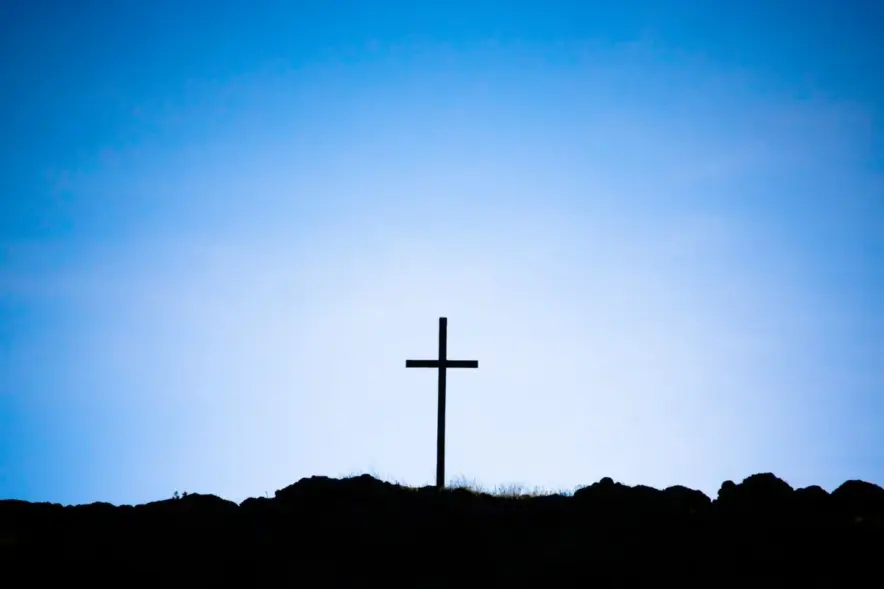This article is on a topic I have long wanted to write about — the pro-life debate. I have...
Category: Theology
Showed 1 to 9 posts out of 18 total under "Category: Theology" category.
There is no doubt we are more than just a body and a mind. There is something else, something...
As someone pointed out to me recently, and quite rightly so, the word theology can sound somewhat academic. Something...
A recent video published by a Christadelphian teacher tackles a question at the very heart of the Christian faith:...
The cross of Christ is not just the centre of Christian faith; it is the place where heaven’s deepest...
The entire Christian faith rests on this foundation—first and foremost, the resurrection of Jesus himself, and then the promised...
A New Heaven And A New Earth – What Comes After the End? Inarguably, it’s the end of the story...
If you’re an orthodox Christian, already familiar with the doctrine of the Trinity, you might like to head somewhere...
(Not a reader? Take a listen instead ⇓) When God moved into the neighbourhood, everything changed. This article...











